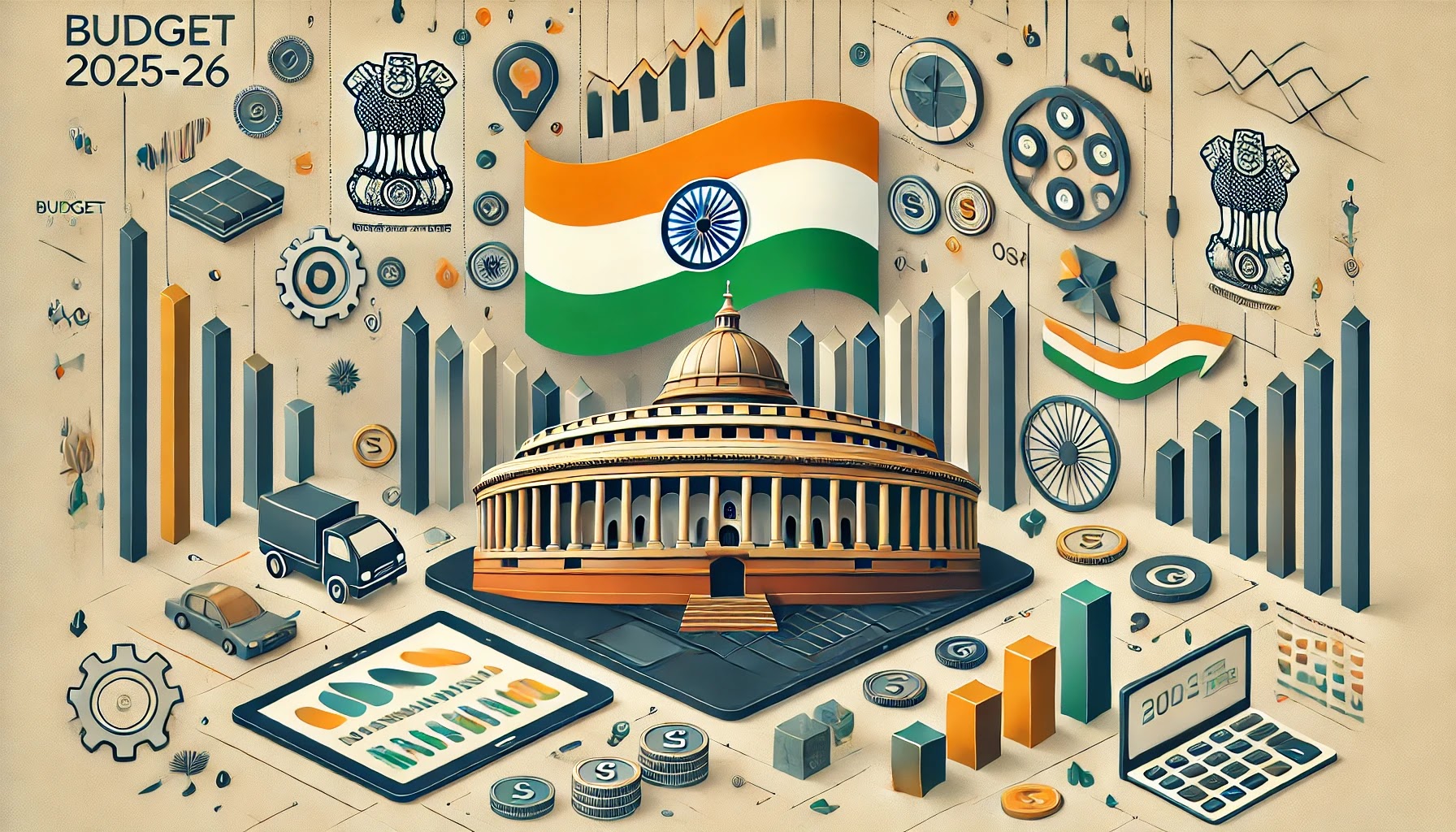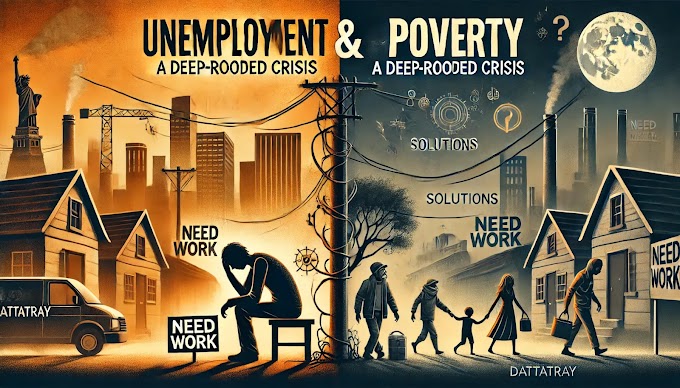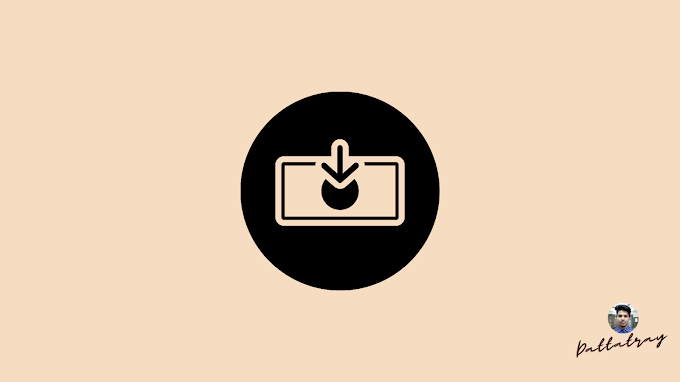Hey everyone, Welcome back. Today we will talk about some basic concepts of economics which will help you to understand economics even if you are not from an economics background. So let's start:
Now let's talk about the meaning of Economics - Economics is a social science. The origin of the term 'Economics' lies in the Greek word, 'Oikonomia' which means management of the household. In simple words economics studies how people manage their household expenditure and all other wants with limited money or resources.
Economics is referred to as 'Queen of Social Sciences' by Paul Samuelson. Economics deals with the economic aspect of human behaviour. It deals with how human beings satisfy unlimited wants with limited means. Now you have to understand 'unlimited wants with limited means', Let's take an example here. If you have 100 rupees or dollars and you want to buy two subject books, two notebooks, two pens, and A4 size paper for your project, In this situation how you behave, and what choices you make according to your need that's what is being studied in economics.
Now let's see Basic Concepts of Micro Economics
Concept 1), Want : It is difficult to define 'want' in few words. In common language, want can be referred to as a need. In economics, want denotes a feeling of 'lack of satisfaction'. This feeling enables the individual to satisfy his want.
Human wants have grown in number for two basic reasons:
First one is- Desire for better living due to inventions and innovations.
The second one is- Rise in population.
Now let's talk about Characteristics of wants
Characteristic 1), Wants are unlimited: Wants not only arise again and again but they are also unending. If one want gets satisfied, another arises. Wants go on multiplying in number. For example if you complete a want of phone then, may be there will another want of earphones, or phone cover, or other accessories of phone.
Characteristic 2), Wants are recurring in nature: Several human wants occur again and again, while some might be only occasional.
Characteristic 3), Wants differ with age: Wants and their satisfaction differ as per the chronological age. For example children have different wants and older have different wants.
Characteristic 4), Wants differ with gender: Men and women want different goods according to their needs.
Characteristic 5), Wants differ due to preferences: Individual habits, tastes and preferences matter a lot while deciding wants of the people.
Characteristic 6), Wants differ with seasons: Wants keep on changing with seasons.
Characteristic 7), Wants differ due to culture: Differences in culture influence wants that are related to food, dressing styles etc.
Classification of Wants:
Classification 1), Economic and Non-economic wants:
• Economic wants are those where monetary transaction is involved. An individual has to pay the price for them, example, food, medicines etc.
• Non-economic wants are those which can be satisfied without making monetary payment for them, example, air, sun shine etc.
Classification 2), Individual Wants and Collective wants:
• Personal or individual wants refer to those wants which are satisfied at the individual level, example, a doctor using a stethoscope, a judge wearing his coat.
• Collective wants are social wants where there is collective satisfaction of wants, example, travelling by train.
Classification 3), Necessities, Comforts and Luxuries:
• Necessities are the very basic needs of life, example, food, clothing, shelter, health and education.
• Comforts are those wants which make our life comfortable, example, washing machine, mixer, pressure cooker etc.
• Luxuries are those wants which are meant for pleasure and enjoyment, example, AC-car, well-furnished house etc.
Concept 2), Goods and Services:
• Anything that satisfies human wants is termed as a 'good'. It has material existence, example, chalk used by a teacher.
• Services also satisfy human wants but do not have any material existence, example, 📍 'Teaching' offered by the teacher.
Concept 3), Utility: Capacity of a commodity to satisfy human wants or want satisfying power of a commodity is called utility.
Concept 4), Value: Value has two approaches in economics, example, 'value-in-use' and 'value in exchange'.
Concept 5), Wealth: Wealth refers to “anything which has market value and can be exchanged for money.”
Concept 6), Personal Income: Earnings received by a person from all sources is called his personal income.
Concept 7), Personal Disposable Income (PDI): It is that part of personal income which is left over after payment of direct taxes such as income tax, wealth tax etc.
Concept 8), Economic activity: Economic activities can be classified into four types which include production, distribution, exchange and consumption.
. . .
These are some basic concepts of Economics. Thanks for hearing out and, Have A Great Day.







.png)



.png)


0 Comments